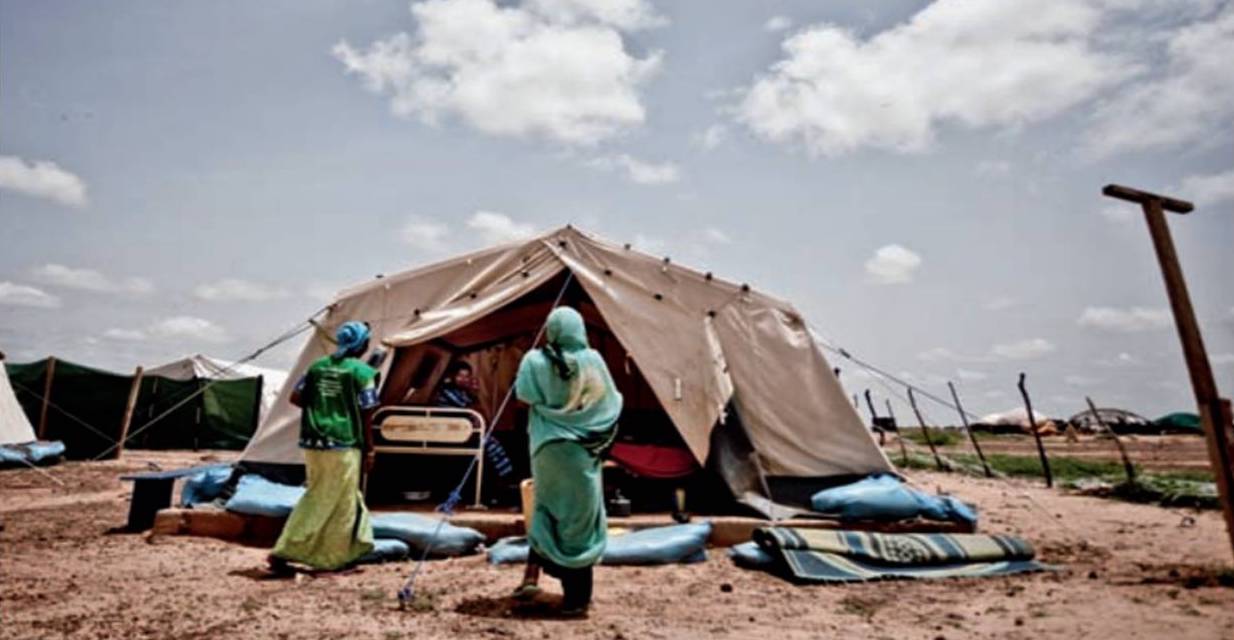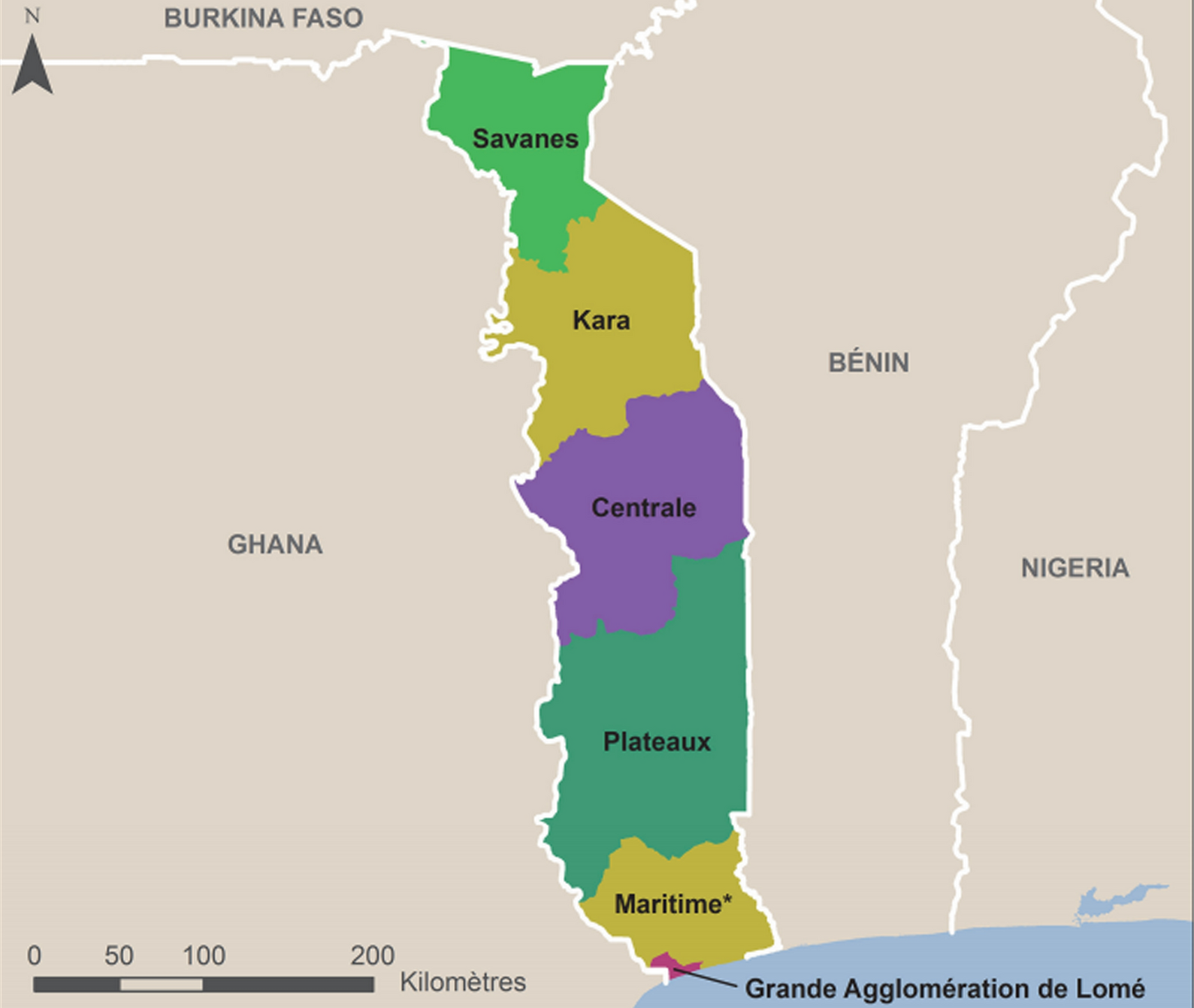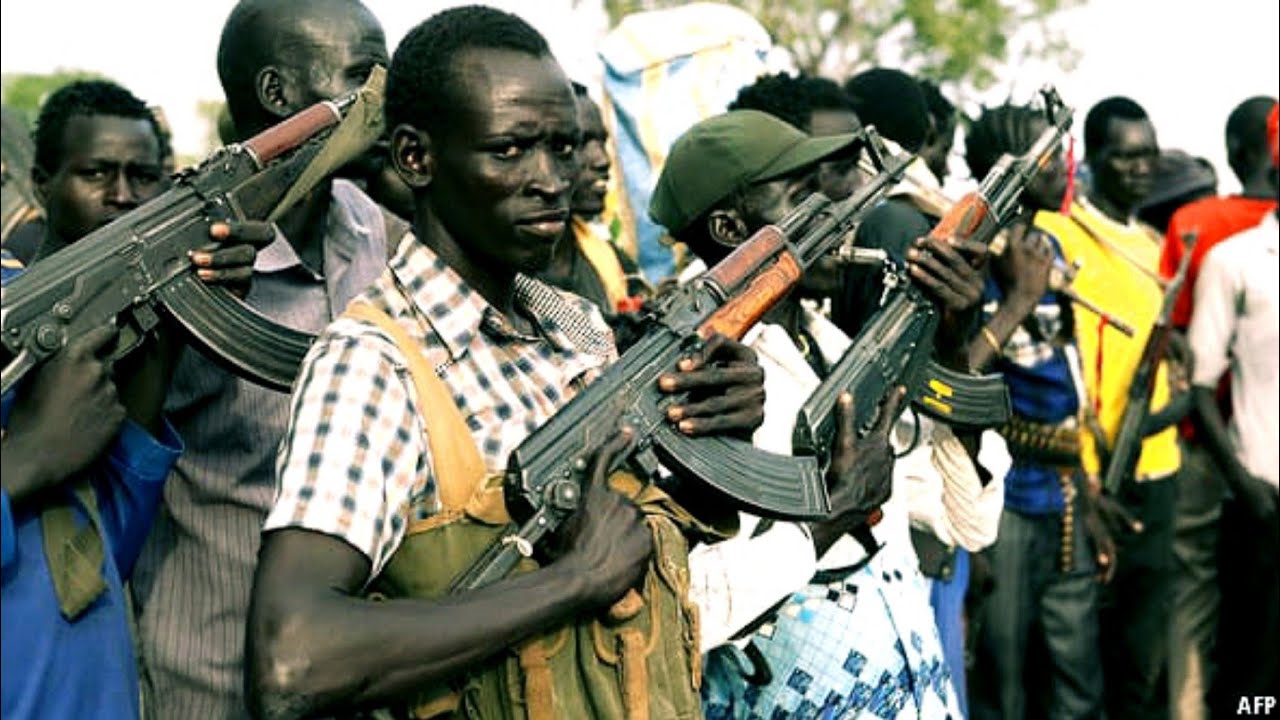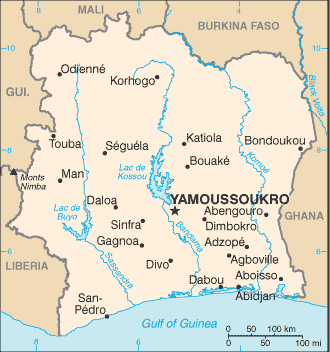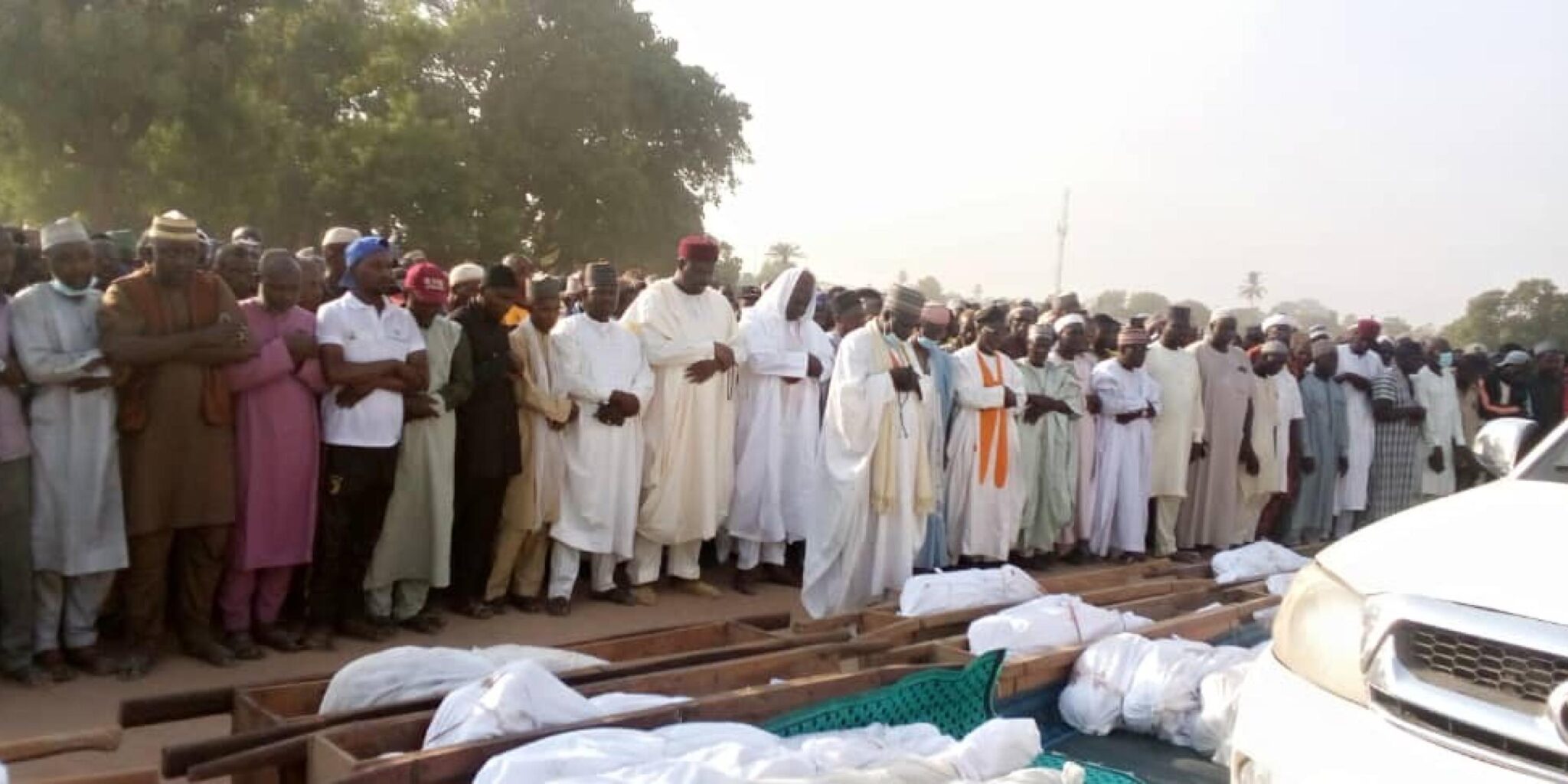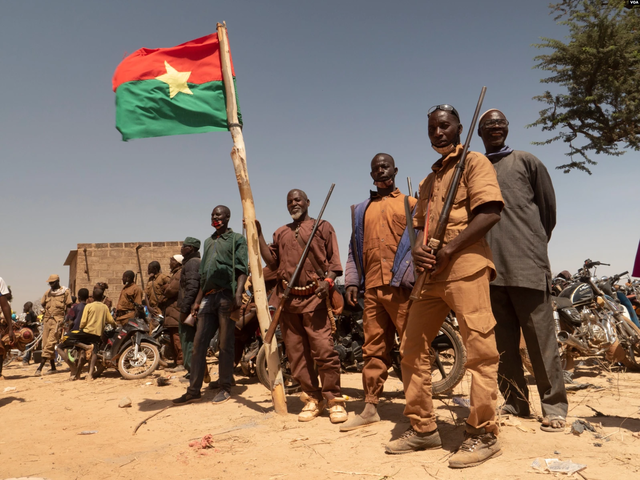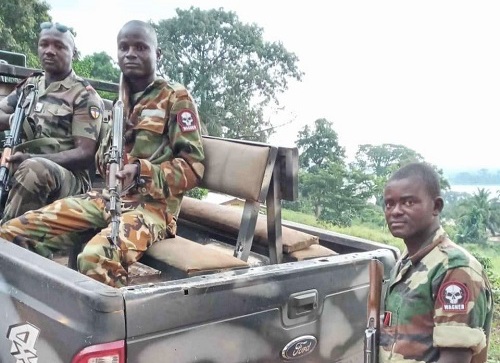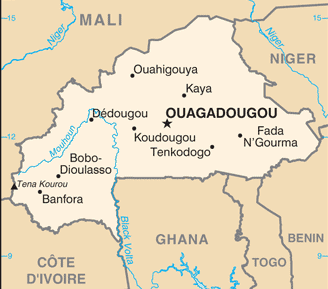
Military coup d’etat consolidated in Niger
Niger’s national broadcaster identified Gen. Abdourahamane Tiani as president of the country’s new military government following a coup that deposed elected President Mohamed Bazoum. The country’s new ruling junta, called the National Council for the Safeguarding of the Homeland, was formed out of Niger’s presidential guard, which carried out the coup. The AU, EU, US and Russia have all condemned the coup as unconstitutional. However, Wagner Group commander Yevgeni Prigozhin lauded the coup as part of “the struggle of the people of Niger [against] their colonizers,” and and offered his fighters’ services to bring order. Pro-coup protesters in Niger have been photographed with Russian flags. (Map: PCL)



